Do Whitening Strips Work?


Related products
Teeth whitening has become an increasingly popular cosmetic procedure aimed at enhancing dental aesthetics by removing discoloration and stains. Among the various methods available, whitening strips have emerged as a prevalent choice due to their accessibility and ease of use. This article aims to explore the functionality, efficacy, and safety of whitening strips, providing an informed perspective to those considering this teeth whitening method.
What Are Whitening Strips?
Whitening strips are thin, flexible pieces of plastic coated in a gel containing bleaching agents, typically hydrogen peroxide or carbamide peroxide. Users apply these strips to the surface of the teeth, where they adhere and deliver the whitening agent directly to the enamel. The application process varies by product but generally involves wearing the strips for a specified period ranging from a few minutes to several hours.
Active Ingredients
The efficacy of whitening strips primarily depends on the concentration of the bleaching agent. Dr. Emily Clark, a dental expert, states, "The active ingredients in whitening strips have been proven to be effective in breaking down stains within the tooth enamel." The concentration of these agents in over-the-counter products is typically lower than what is available in professional treatments, affecting their potency and results duration.
Types Available
The market offers a variety of whitening strips, differing in strength, application time, and intended results. Some are designed for sensitive teeth, while others promise faster results due to higher concentrations of active ingredients. Consumers should choose based on their specific needs and dental health.
How Do Whitening Strips Work?
The active ingredients in whitening strips penetrate the tooth enamel to reach discoloured molecules. Oxygen molecules from the whitening agent react with the discoloured molecules in the teeth, breaking the bonds that hold them together. This process restores the teeth to a lighter colour.
Application Process
Proper application is crucial for effective results. The strips should be applied to clean, dry teeth, following the instructions provided closely to ensure that the whitening agent is evenly distributed. Incorrect application can lead to uneven whitening or gum irritation.
Time Frame for Results
Results can vary significantly based on the individual's dental health and the type of strips used. Typically, users may start to see results within a few days, with full results appearing after the completion of the treatment cycle, which can range from a week to a month.
Effectiveness of Whitening Strips
Several studies have confirmed the effectiveness of whitening strips. According to a study published in the Journal of Dental Research, participants using whitening strips experienced noticeable improvements compared to those who did not use any whitening products.
Comparison with Other Methods
While whitening strips are effective, their performance must be compared to other whitening methods. Professional dental treatments usually offer quicker and more dramatic results due to higher concentrations of bleaching agents. However, Dr. Michael Benson argues, "Whitening strips represent a middle ground between professional treatments and natural remedies, offering a balance between effectiveness and affordability."
Factors Affecting Effectiveness
The effectiveness of whitening strips can be influenced by factors such as the severity of stains, adherence to application instructions, and individual tooth composition. Consistency in use is key to achieving desired results.
Benefits and Advantages
Convenience and Ease of Use
The primary advantage of whitening strips is their convenience. They can be used at home without the need for professional supervision, fitting easily into daily routines.
Cost Comparison
Whitening strips are significantly more affordable than professional dental treatments, making them an attractive option for those seeking a balance between cost and effectiveness.
Availability
Whitening strips are readily available in most pharmacies and supermarkets, making them an accessible option for most individuals looking to improve their smile. For price ranges on alternative teeth whiteners continue to We Put 9 Teeth Whiteners to the Test—These are the best whiteners of 2025.
Potential Side Effects and Risks
Common Side Effects
The use of whitening strips is generally considered safe when instructions are followed correctly. However, some individuals may experience side effects such as tooth sensitivity and gum irritation. Dr. Laura James, a dental professional, explains, "These side effects are typically temporary and should diminish after the treatment period ends."
Long-term Risks and Considerations
Prolonged or incorrect use of whitening strips can lead to enamel damage, increased tooth sensitivity, and gum degradation. It is crucial to follow the product guidelines and not exceed the recommended duration of use. "Overuse of whitening strips can lead to permanent dental issues," warns Dr. James.
Tips for Minimising Side Effects
To minimise potential side effects, users should ensure they are applying the strips correctly and only for the prescribed amount of time. Additionally, using products designed for sensitive teeth can help reduce the risk of discomfort. Dr. James advises, "If you experience severe sensitivity or irritation, discontinue use immediately and consult a dentist."
Proper Usage and Tips
Instructions for Safe and Effective Use
For optimal results, users should clean their teeth before applying whitening strips to ensure that the active ingredients can work effectively. Strips should be applied firmly to the teeth, avoiding contact with the gums to reduce irritation.
Tips for Maximising the Results
Consistency is key in achieving the best results. Applying the strips as directed and avoiding staining foods and beverages during the treatment period can enhance the whitening effects.
Maintenance After Using Whitening Strips
Maintaining good oral hygiene and regular dental check-ups will help prolong the whitening effects. Using a whitening toothpaste and avoiding staining agents such as coffee and tobacco can also contribute to longer-lasting results.
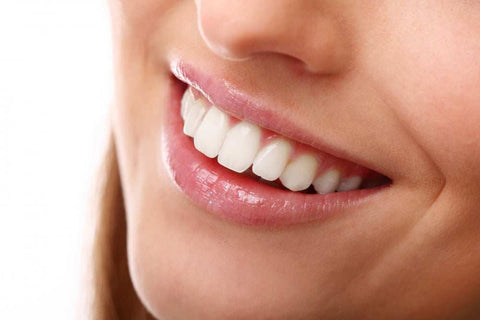
Who Should Use Whitening Strips?
Individuals with healthy teeth and gums seeking to remove surface stains may find whitening strips an effective solution. Dr. Sarah Miller, a dental expert, suggests, "Whitening strips are ideal for those looking for a moderate improvement in tooth brightness."
Who Should Avoid Whitening Strips
Pregnant women, individuals with gum disease, sensitive teeth, or damaged enamel should avoid using whitening strips. Additionally, they are not suitable for children under the age of 18. "Patients with pre-existing dental conditions should consult a dentist before using any whitening products," advises Dr. Miller.
Alternatives to Whitening Strips
Professional Dental Whitening Treatments
For those seeking immediate and significant results, professional dental whitening treatments offer a higher concentration of whitening agents under the supervision of a dentist.
Home Remedies and Natural Methods
Natural methods such as oil pulling, baking soda, and hydrogen peroxide can provide mild whitening effects but require consistent use over a longer period.
Other Over-the-Counter Teeth Whitening Products
Options such as whitening toothpastes, gels, and trays offer various levels of effectiveness and may cater to different preferences and needs. Learn more about alternative whiteners like Hismile Reviews 2025: Read Before You Buy.
People Also Ask
How long does it take for whitening strips to work?
The time it takes for whitening strips to work can vary based on the product used and the individual's teeth condition. Typically, users may start to notice results within a few days of consistent use. However, for the full effects to be visible, it usually takes around 2 to 3 weeks, depending on the concentration of the bleaching agent in the strips and the severity of the teeth stains. It's important to follow the instructions provided with the whitening strips for optimal results.
Do dentists recommend whitening strips?
Dentists may recommend whitening strips as a cost-effective solution for patients looking to lighten their teeth by a few shades. However, the recommendation would depend on the individual's dental health, the nature of their tooth discolouration, and their oral hygiene habits. Dentists typically suggest using whitening strips that have received approval from dental health authorities and recommend following the product's instructions carefully to avoid potential side effects. It is always best to consult with a dentist before starting any teeth whitening regimen, especially for those with sensitive teeth, gum disease, or previous dental work.
Do Crest White Strips work on yellow teeth?
Crest White Strips can be effective in whitening yellow teeth, especially if the yellowing is due to surface stains caused by food, drinks, or smoking. The active bleaching ingredients in Crest White Strips, like hydrogen peroxide, can help remove these surface stains and restore the teeth to a lighter shade. However, the effectiveness can vary from person to person and may not be as pronounced for deep, intrinsic stains or discolouration caused by certain medications or tooth trauma. For best results, users should follow the product instructions and consider consulting with a dentist for severe discolouration.
Conclusion
Whitening strips are a convenient and cost-effective method for teeth whitening, suitable for individuals looking to enhance their smile. However, they may not be appropriate for everyone and can cause side effects if used improperly.
For those considering whitening strips, it is essential to evaluate their dental health, follow the product instructions, and consider the potential side effects. Consulting with a dental professional before starting any whitening treatment is advisable to ensure it is a suitable and safe option.




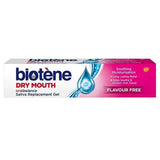








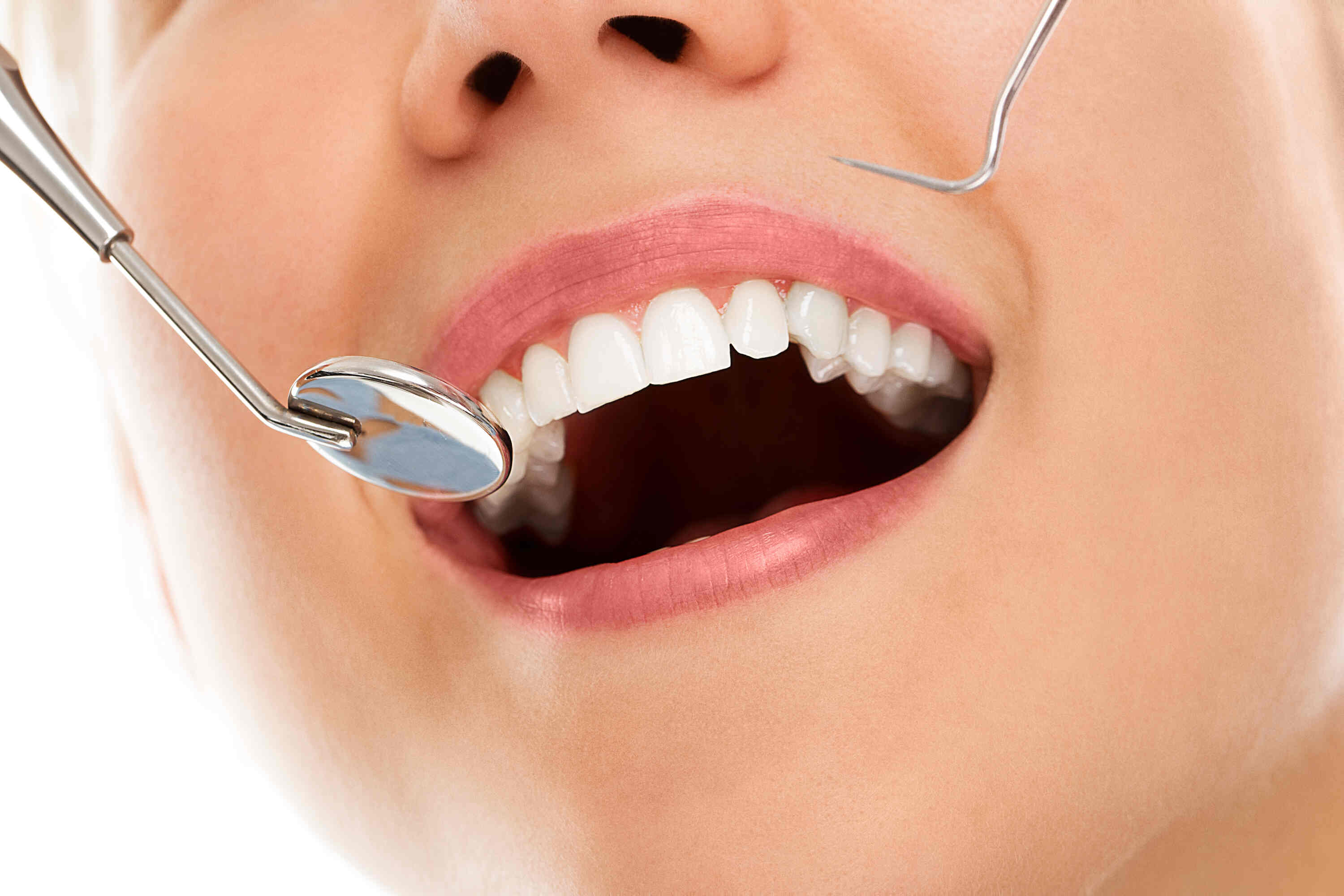







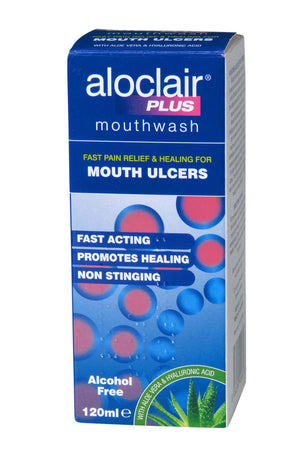

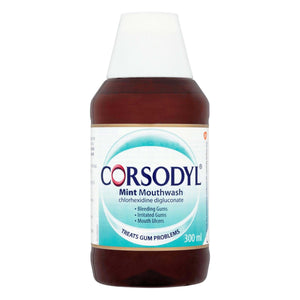

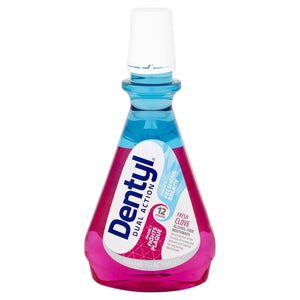



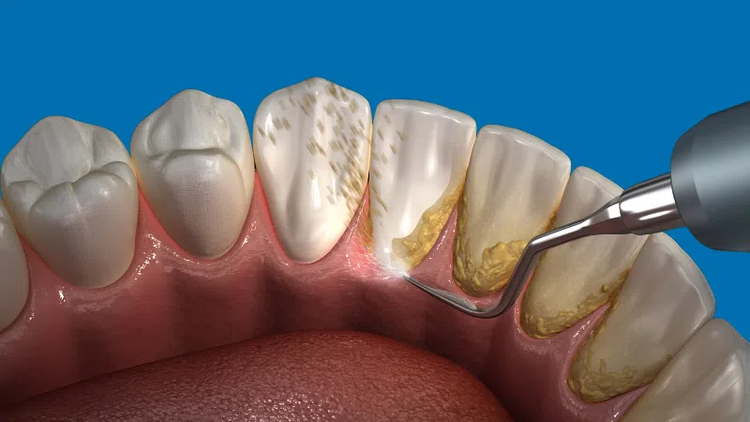

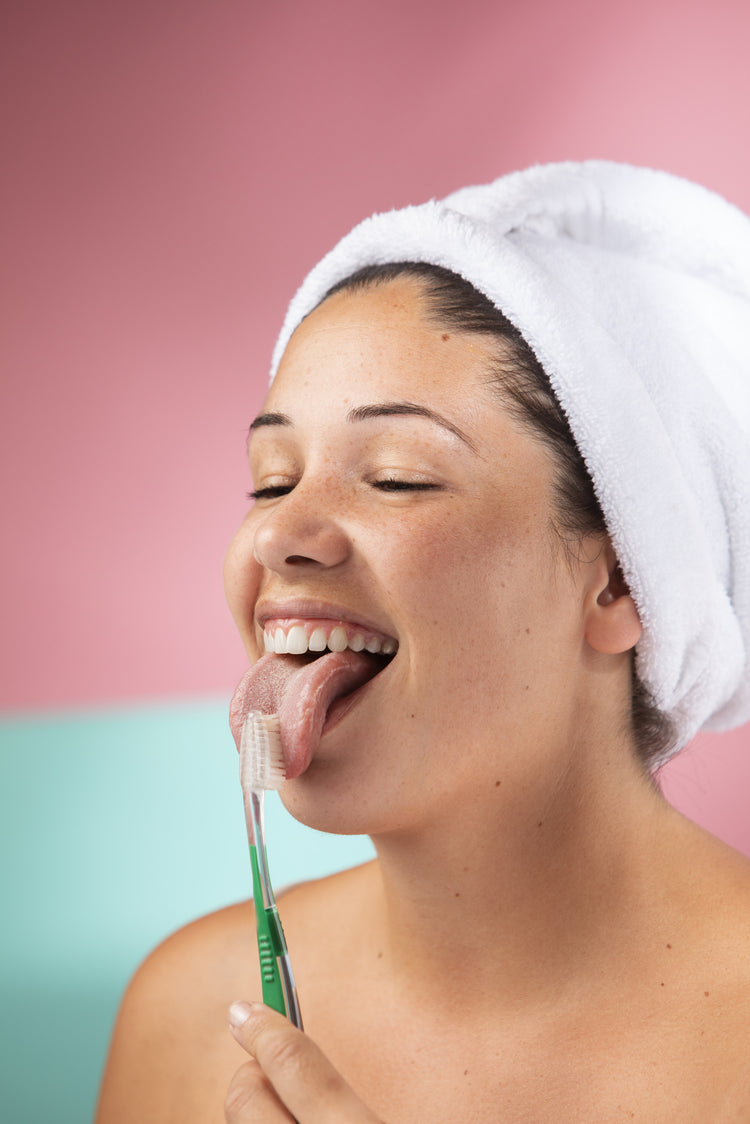
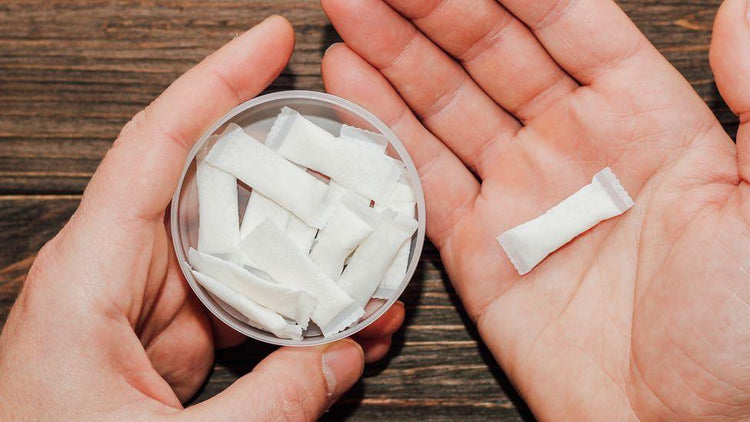
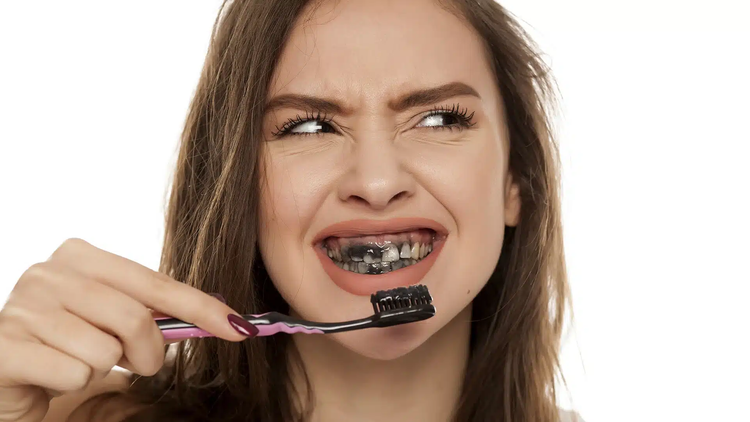
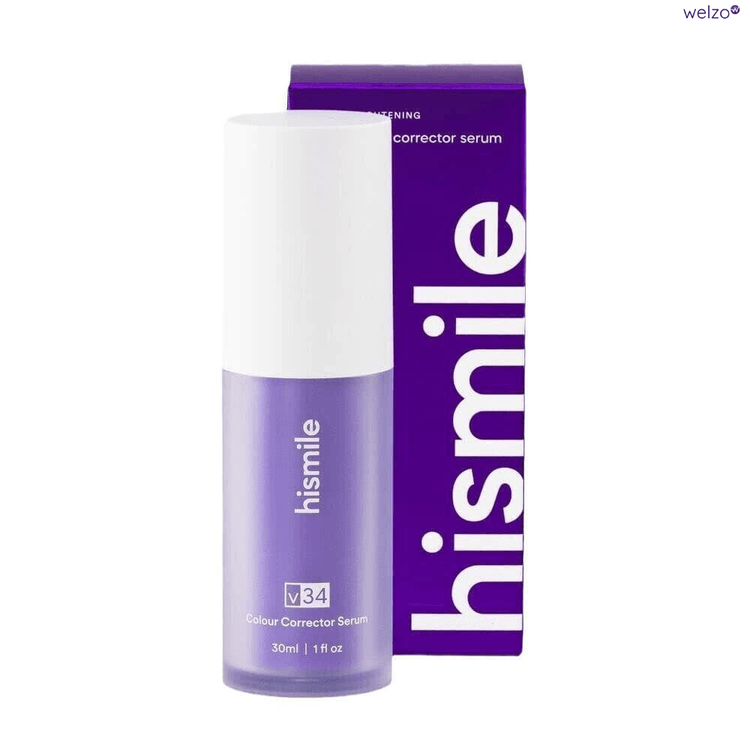


 Rated Excellent by 14,617+ Reviews
Rated Excellent by 14,617+ Reviews